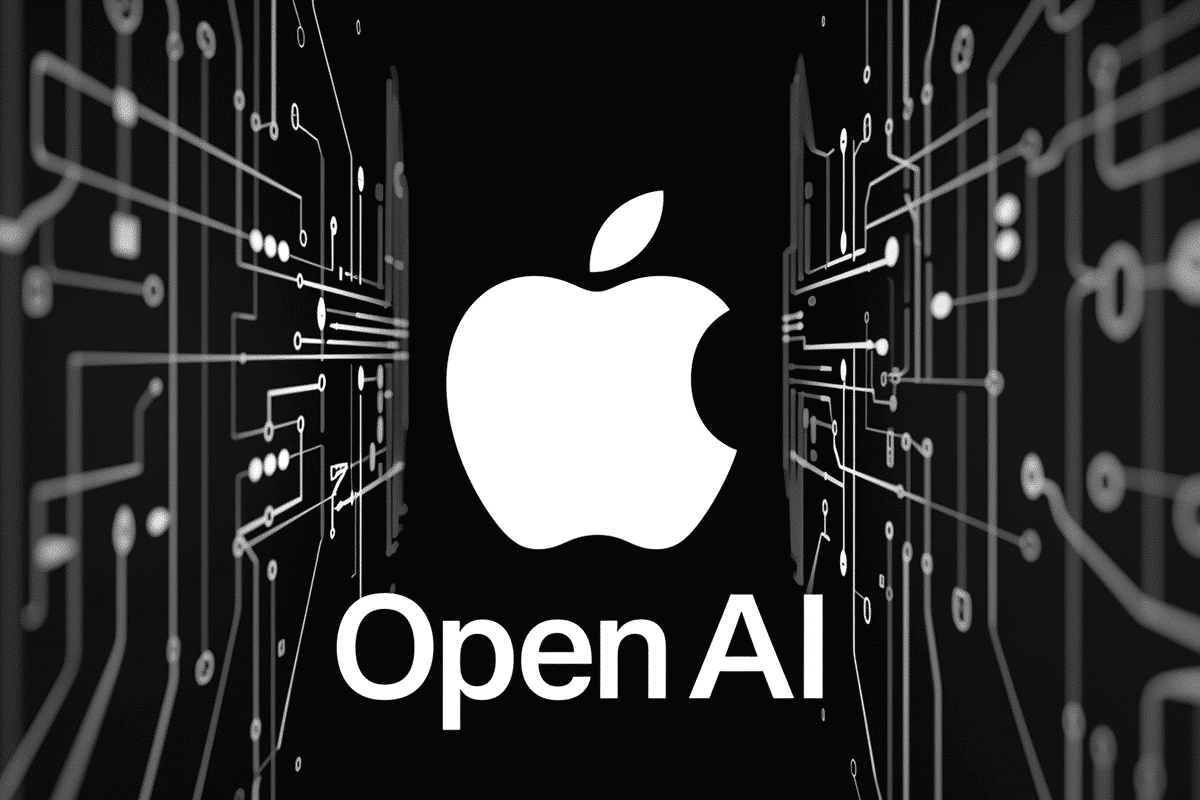In a strategic move aimed at bolstering its artificial intelligence offerings, Apple has announced a partnership with OpenAI to integrate ChatGPT technology into its devices starting later this year. The collaboration, unveiled at Apple’s recent developer conference, signals a significant step for both companies amidst a rapidly evolving landscape in AI technology.
OpenAI CEO Sam Altman was present at the event but did not feature prominently in Apple’s formal presentation, highlighting Apple’s meticulous approach to managing the partnership’s public perception. This cautious stance underscores Apple’s commitment to integrating ChatGPT as a supplementary tool rather than a core feature of its proprietary AI framework, Apple Intelligence.
Apple showcased several AI-powered enhancements slated for release this fall, leveraging its own technologies alongside OpenAI’s ChatGPT for handling inquiries beyond Siri’s current capabilities. This limited integration aims to enrich user experiences while mitigating potential risks associated with broader AI adoption.
Following the announcement, Apple’s stock surged, reflecting investor optimism about the company’s strategic pivot towards AI amidst competitive pressures and an uncertain economic climate. The partnership with OpenAI not only enhances Apple’s AI capabilities but also positions the tech giant to compete more aggressively in the global smartphone market.
Privacy and security remain paramount concerns for Apple, with assurances that user data will not be shared with OpenAI. Each use of ChatGPT through Siri prompts users for consent, ensuring transparency and reinforcing Apple’s commitment to user privacy.
Industry reactions have been varied, with notable figures expressing concerns over security implications of deep integration of OpenAI’s technology into Apple’s ecosystem. However, experts suggest that Apple’s phased approach and stringent privacy measures mitigate potential risks associated with AI integration.
Looking ahead, Apple’s collaboration with OpenAI sets a precedent for future partnerships with other AI providers, potentially diversifying its AI toolkit beyond ChatGPT. This strategic flexibility allows Apple to adapt to evolving technological landscapes while maintaining its commitment to user-centric innovation.
The announcement comes at a pivotal moment for Apple, which faces regulatory scrutiny and intense competition in the tech industry. Despite challenges, the company’s proactive stance on AI innovation aims to rejuvenate iPhone sales and reaffirm its position as a leader in consumer technology.
While Apple continues to develop its AI capabilities internally, the partnership with OpenAI underscores a pragmatic approach to filling immediate technological gaps. User feedback and technological advancements will likely shape Apple’s future AI strategies, potentially leading to the development of proprietary AI models down the line.
Apple’s collaboration with OpenAI represents a calculated step towards enhancing AI functionalities on its devices, balancing innovation with privacy and security imperatives. As the tech industry navigates the complexities of AI adoption, Apple’s strategic alliance with OpenAI positions it at the forefront of integrating cutting-edge AI technologies into consumer products, paving the way for future advancements in AI-powered user experiences.




